Transient Response
Transient response in power supplies refers to how quickly and effectively the PSU stabilizes its output voltage during sudden changes in load demand, such as when a CPU or GPU increases its power draw. It’s measured by the time and voltage deviation during these shifts. A faster, smaller transient response ensures stable power, preventing instability and component damage.
20% Load – 20ms
| Advanced Transient Response 20% - 50 Hz - No Caps | ||||
| Voltage | Before | After | Change | Pass/Fail |
| 12V | 12.100V | 12.001V | 0.81% | Pass |
| 5V | 5.042V | 4.966V | 1.51% | Pass |
| 3.3V | 3.344V | 3.194V | 4.49% | Pass |
| 5VSB | 5.063V | 5.033V | 0.60% | Pass |
50% Load -20ms
| Advanced Transient Response 50% - 50 Hz - No Caps | ||||
| Voltage | Before | After | Change | Pass/Fail |
| 12V | 12.071V | 11.970V | 0.83% | Pass |
| 5V | 5.037V | 4.947V | 1.79% | Pass |
| 3.3V | 3.338V | 3.179V | 4.78% | Pass |
| 5VSB | 5.013V | 4.972V | 0.82% | Pass |
The transient response with normal loads is good at 12V, decent at 5V, and mediocre at 3.3V, where the voltage level drops below 3.2V. That said, it remains above the low limit (set by the ATX spec) of 3.14V, unlike the 1200W model.
Transient Response ATX v3.1 Tests
[Note] For PSUs without a 12+4 pin connector, the maximum applied load for the transient response tests is 150%, rather than 200%.The PSU passes all ATX v3.1 transient response tests.
The 12V rail’s performance is slightly below the average in these tests.

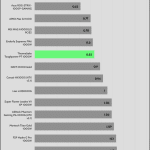
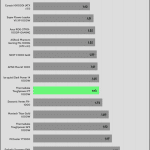
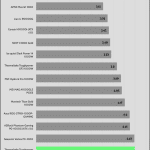
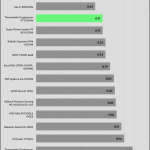
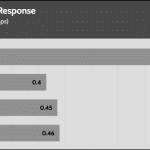
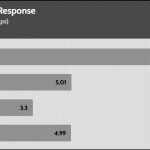
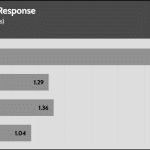
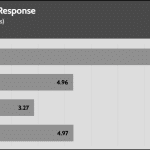
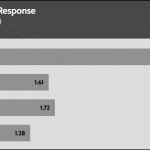
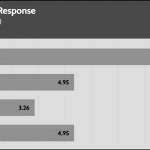
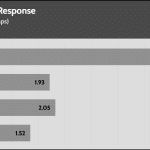
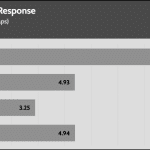
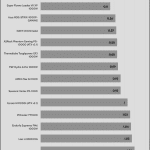
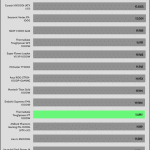
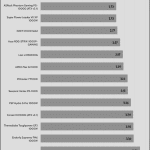
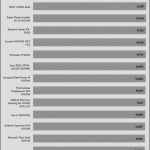
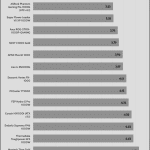
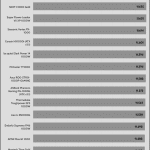
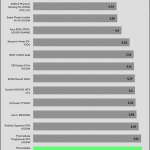
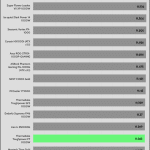
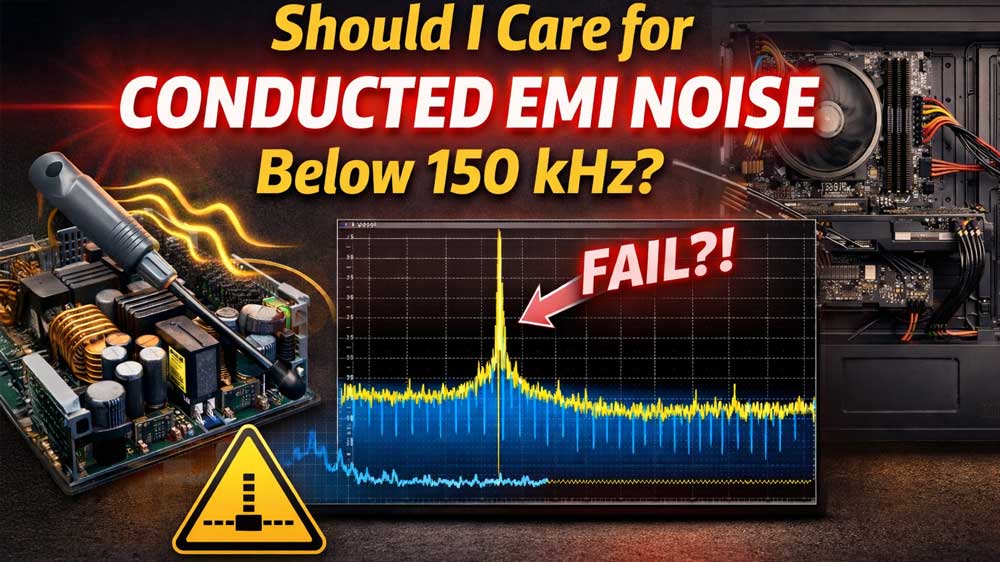
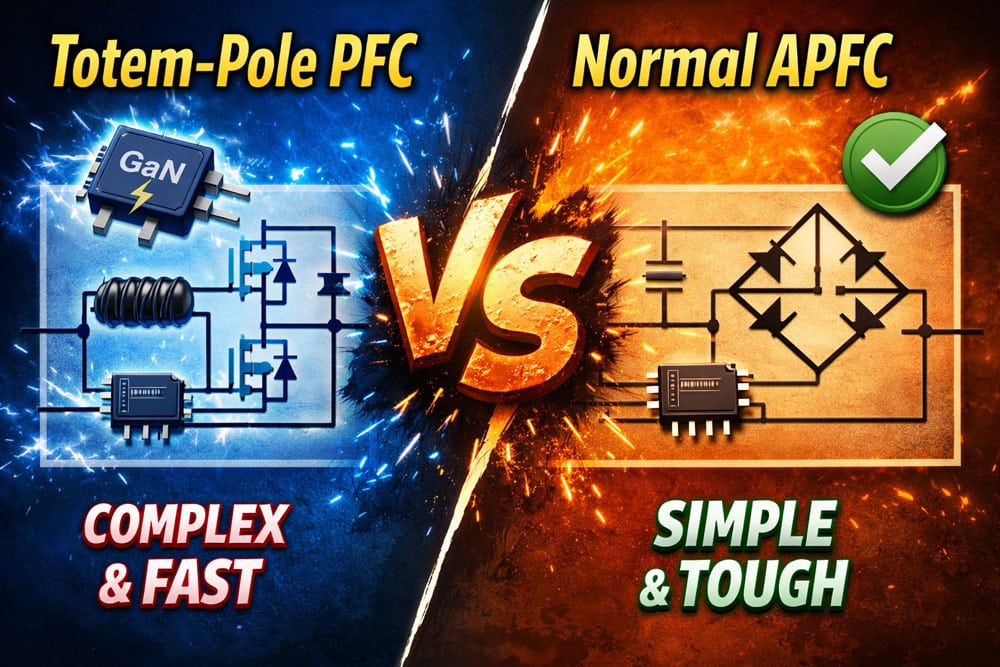
Here cybenetics reports
850w which is not very good
https://www.cybenetics.com/evaluations/psus/2580/
1000w Malfunctioning protections that don’t engage in time before the minor rails experience a huge voltage drop out of spec.
https://www.cybenetics.com/evaluations/psus/2575/
Basically i wouldnt do none of these
Any chance for review Thermaltake SFX ATX 3.1 ?
If we have it in our database sure.